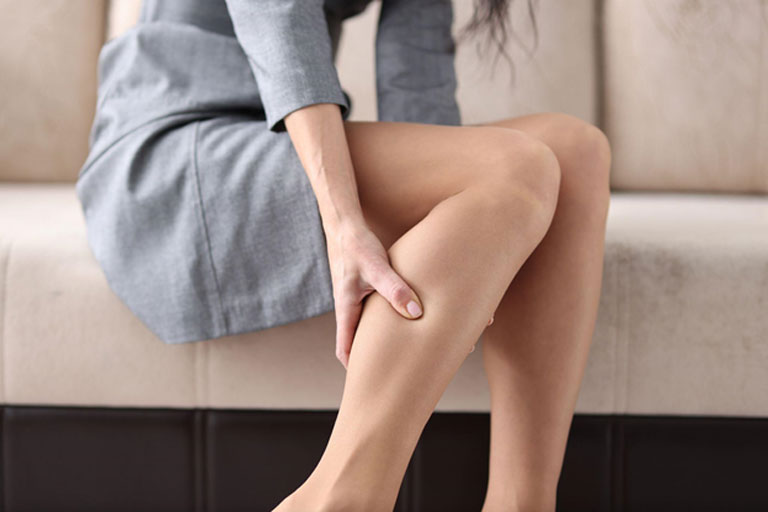Varicose veins are a common concern for many residents of St. George, Utah. The unique climate and geography of our region can play a significant role in the development and exacerbation of vein conditions. Understanding how Utah’s dry, high-altitude environment affects your vein health is the first step toward effective management and prevention.
The Impact of High Altitude on Vein Health
St. George sits at an elevation of approximately 2,700 feet above sea level. While not as high as some other parts of Utah, this elevation can still influence your circulatory system. At higher altitudes, the atmospheric pressure decreases, which can lead to reduced oxygen levels in the blood. This reduction can cause your veins to work harder to circulate blood, potentially worsening varicose veins and other venous conditions.
Dry Climate and Dehydration
Utah’s arid climate means low humidity levels year-round. Dry air can lead to dehydration if you’re not diligent about your water intake. Dehydration thickens the blood, making it more difficult for your veins to pump it back to the heart efficiently. This added strain can exacerbate symptoms of varicose veins, such as swelling, aching, and fatigue.
Temperature Fluctuations
St. George experiences significant temperature variations between seasons—and even between day and night. Extreme heat can cause veins to dilate, increasing blood pooling and vein visibility. Conversely, colder temperatures can constrict veins, which may temporarily alleviate symptoms but doesn’t address the underlying issue.
Tips for Managing Varicose Veins in Utah’s Climate
Stay Hydrated
- Drink Plenty of Water: Aim for at least eight glasses a day, more if you’re active outdoors.
- Limit Dehydrating Beverages: Reduce intake of alcohol and caffeinated drinks, which can contribute to dehydration.
Wear Compression Stockings
- Support Circulation: Compression garments help improve blood flow and reduce swelling.
- Choose Breathable Fabrics: Opt for materials suitable for warmer temperatures to stay comfortable.
Elevate Your Legs
- Take Breaks: If standing or sitting for long periods, elevate your legs to encourage blood flow.
- Sleep Smart: Consider elevating the foot of your bed slightly.
Maintain a Healthy Lifestyle
- Exercise Regularly: Low-impact activities like walking or swimming boost circulation.
- Balanced Diet: Eat foods rich in fiber and low in sodium to reduce swelling.
Protect Your Skin
- Moisturize Daily: Combat dry air by keeping your skin hydrated.
- Sun Protection: Use sunscreen to protect your skin and veins from UV damage.
When to Seek Professional Help
If you’re experiencing persistent discomfort, swelling, or other symptoms related to varicose veins, it may be time to consult a specialist. Early intervention can prevent complications like ulcers or blood clots.
At Heart of Dixie Vein Center in St. George, Utah, we specialize in diagnosing and treating vein conditions affected by our unique climate. Our experienced team is dedicated to providing personalized care to help you manage symptoms and improve your quality of life.
Contact us today to schedule a consultation and take the first step toward healthier veins.


